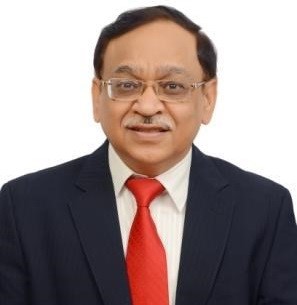The course will be broadly focusing on analysis, design and development of microwave circuits and systems. The course will cover introduction to Microwaves, Microwave transmission modes, Transmission lines, Impedance Matching, Microwave Network Analysis, Directional Coupler, Power Divider, Microwave Filters, Microwave Attenuator, RF switches and phase shifters, Microwave Amplifiers, Low Noise Amplifier, Microwave Mixers and Oscillators, Microwave Antennas, Microwave Measurements, Microwave Systems, Effect of Microwaves on human body, RF MEMS, Microwave Imaging, etc.
Important For Certification/Credit Transfer:
Weekly Assignments and Discussion Forum can be accessed ONLY by enrolling here
Scroll down to Enroll
Note: Content is Free!
All content including discussion forum and assignments, is free
Final Exam (in-person, invigilated, currently conducted in India) is mandatory for Certification and has INR Rs. 1100 as exam fee
INTENDED AUDIENCE:Electrical, Electronics and communications Engineering
CORE/ELECTIVE: Elective
UG/PG: UG and PG
PREREQUISITES: Electromagnetic Waves
INDUSTRY SUPPORT: Telecom industry, defense industry and space organization

